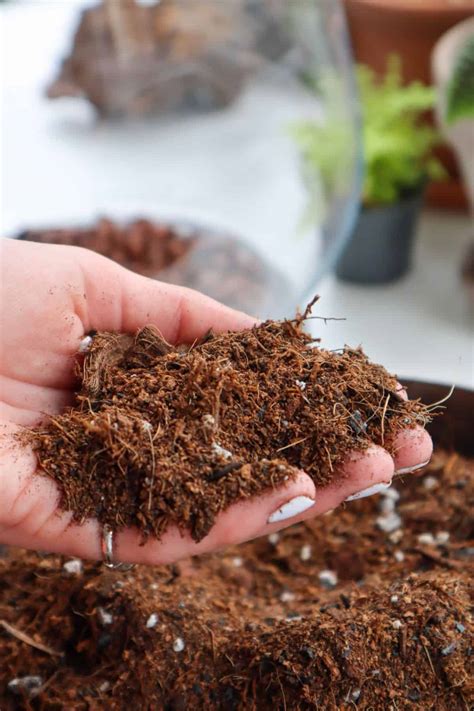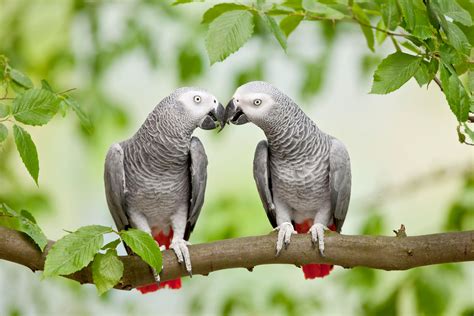Introduction
The African Grey parrot (Psittacus erithacus), renowned for its exceptional intelligence, has captivated bird lovers for centuries. These remarkable birds possess cognitive abilities that rival those of primates, making them a popular choice for companionship and entertainment. However, providing optimal care for an African Grey parrot requires a comprehensive understanding of their unique needs and behavior.

Physical Appearance and Characteristics
African Grey parrots are medium-sized birds with a distinctive grey plumage, ranging from light to dark grey. They have long, pointed tails and powerful beaks that are well-suited for cracking nuts and seeds. Their average lifespan in captivity is between 40 and 60 years.
Cognitive Abilities and Communication
African Grey parrots are widely recognized as the most intelligent parrots in the world. Their cognitive abilities are on par with those of a 4-year-old human child. They are capable of learning vocabulary that exceeds 1000 words, understanding context, and even expressing their thoughts and emotions. Their remarkable communication skills make them highly interactive and engaging companions.
Dietary Needs
The African Grey parrot’s diet should primarily consist of high-quality pellets, supplemented with fresh fruits, vegetables, and nuts. Pellets provide essential nutrients in a balanced form, while fresh produce offers vitamins, minerals, and antioxidants. Avoid feeding your parrot avocados, as they are toxic to birds.
Housing and Environment
African Grey parrots require a spacious cage or aviary that provides ample room for flying, climbing, and exploring. The cage should be equipped with perches of varying sizes and materials, as well as toys that encourage mental stimulation. The ideal temperature range for African Grey parrots is between 70°F and 80°F.
Social Needs and Handling
African Grey parrots are highly social animals that thrive on interaction. They require regular attention and companionship. Handle your parrot gently and avoid restraining it tightly. Start handling them at a young age to foster a comfortable and trusting bond.
Health and Common Issues
African Grey parrots are generally hardy birds, but they can be susceptible to certain health issues. Some common conditions include Feather Plucking Syndrome, Psittacine Beak and Feather Disease (PBFD), and Respiratory Infections. Regular veterinary checkups and proper hygiene are essential for maintaining their health.
Behavioral Issues
African Grey parrots can exhibit behavioral issues if their needs are not met. These issues can include screaming, biting, feather plucking, and aggression. Understanding the root cause of these behaviors is crucial for addressing them effectively. Boredom, loneliness, or stress can often be underlying factors.
Conclusion
African Grey parrots are remarkable companions that bring joy and intellectual stimulation to their owners. However, their demanding nature requires a high level of care and commitment. By providing optimal nutrition, housing, socialization, and enrichment, you can ensure that your African Grey parrot thrives for years to come.
Additional Tips for Success
- Begin training early to establish boundaries and teach desired behaviors.
- Use positive reinforcement techniques to encourage good behavior and minimize stress.
- Be patient and consistent in your approach.
- Consult with an avian veterinarian for professional advice on diet, health, and behavioral issues.
- Provide a variety of toys and enrichment activities to keep your parrot mentally and physically stimulated.
- Join online forums or connect with parrot owners in your area to share experiences and learn from others.
Table 1: Dietary Guidelines for African Grey Parrots
| Food Type | Percentage of Diet |
|---|---|
| Pellets | 60-70% |
| Fruits | 20-30% |
| Vegetables | 10-20% |
| Nuts and Seeds | 5-10% |
Table 2: Environmental Enrichment Ideas for African Grey Parrots
| Category | Ideas |
|---|---|
| Toys | Puzzle feeders, foraging toys, interactive toys |
| Perches | Natural branches, rope perches, swing perches |
| Play Area | Outdoor aviary, play gym, designated playroom |
| Socialization | Regular interaction with family members, other parrots (supervised) |
Table 3: Common Health Issues in African Grey Parrots
| Health Issue | Symptoms |
|---|---|
| Feather Plucking Syndrome | Excessive feather pulling |
| Psittacine Beak and Feather Disease (PBFD) | Feather deformities, feather loss, beak abnormalities |
| Respiratory Infections | Coughing, difficulty breathing, lethargy |
Table 4: Behavioral Issues in African Grey Parrots
| Behavioral Issue | Causes |
|---|---|
| Screaming | Boredom, loneliness, attention-seeking |
| Biting | Fear, aggression, dominance |
| Feather Plucking | Stress, anxiety, boredom |
| Aggression | Territorialism, hormonal imbalances |





















